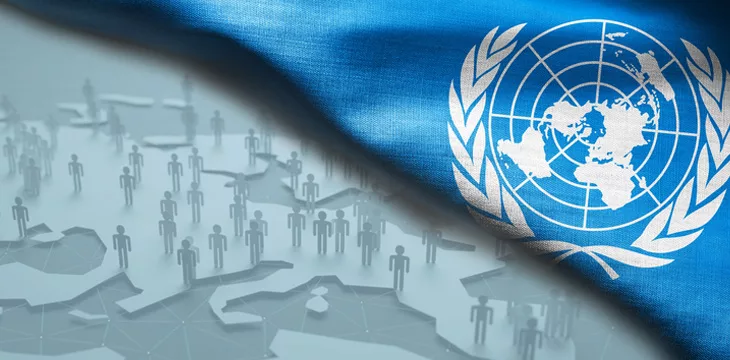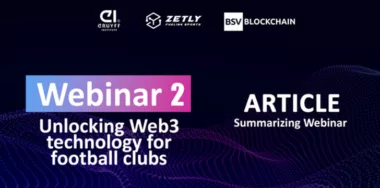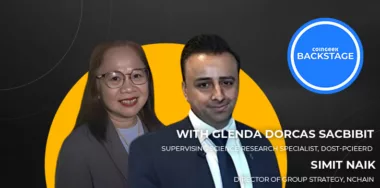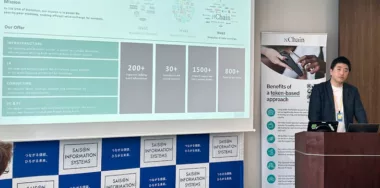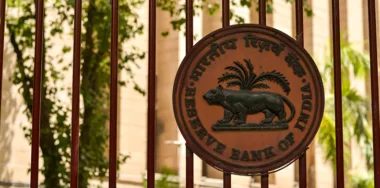The United Nations (UN) has signaled an intention to equip 22,000 employees with Web3 and blockchain technology skills.
The plan for blockchain and Web3 upskilling is the brainchild of the United Nations Development Programme (UNDP), an agency of the UN focused on eradicating poverty via economic and human development initiatives, according to multiple sources.
The UNDP hopes to launch a blockchain academy in partnership with the Algorand Foundation in 2024 to equip third-world countries with modern digital skills to bridge the economic gap with developed countries. The first step involves training UNDP’s 22,000 staff across 170 nations on blockchain technology before a mainstream launch of the academy.
The UNDP and Algorand say the collaboration will equip the UN agency with the right tools to explore innovative blockchain technology use cases that will bring it closer to achieving its objectives of achieving sustainable development in developing and underdeveloped countries. Algorand will provide recorded lectures and interactive workshops for UNDP’s employees in courses bordering on applications for digital identities, real-world asset tokenization, and finance use cases.
The first tranche of UNDP staff may begin training in the first quarter of 2024, adopting a slow-and-steady approach before proceeding with a global rollout.
Experts have pointed to the increasing regulatory clarity around digital assets and blockchain technology as an incentive for the UNDP to upskill its employees, citing the European Union’s (EU) Markets in Crypto Assets (MiCA) law and Hong Kong’s robust legal framework.
Improving humanitarian efforts
Previously, the UN has attempted to incorporate blockchain technology into its humanitarian operations via its World Food Program (WFP). Houman Haddad, WFP’s head of emerging technologies, confirmed that studies involving private ledgers streamline the operations of multiple aid agencies to achieve equitable outcomes.
Haddad notes that using blockchain technology can assist the WFP in protecting the data of refugees, preventing double aid, and authenticating identities seamlessly with individuals having full ownership of their data.
“By putting the people we serve at the very center, gaining a common visibility on who’s assisting whom, we can coordinate that assistance to ensure more equitable outcomes and make the redemption process simpler for the people who are dependent on that assistance,” said Haddad.
Want to learn more about the fundamentals of blockchain technology? Check out the BSV Blockchain Resources page where you can download useful ebooks—from unleashing the value of extreme scale data to understanding the potential of the Metaverse, among the many topics—for free.
Watch: Web3 & blockchain best practices discussed at Global CIO Institute Oxford
New to blockchain? Check out CoinGeek’s Blockchain for Beginners section, the ultimate resource guide to learn more about blockchain technology.

